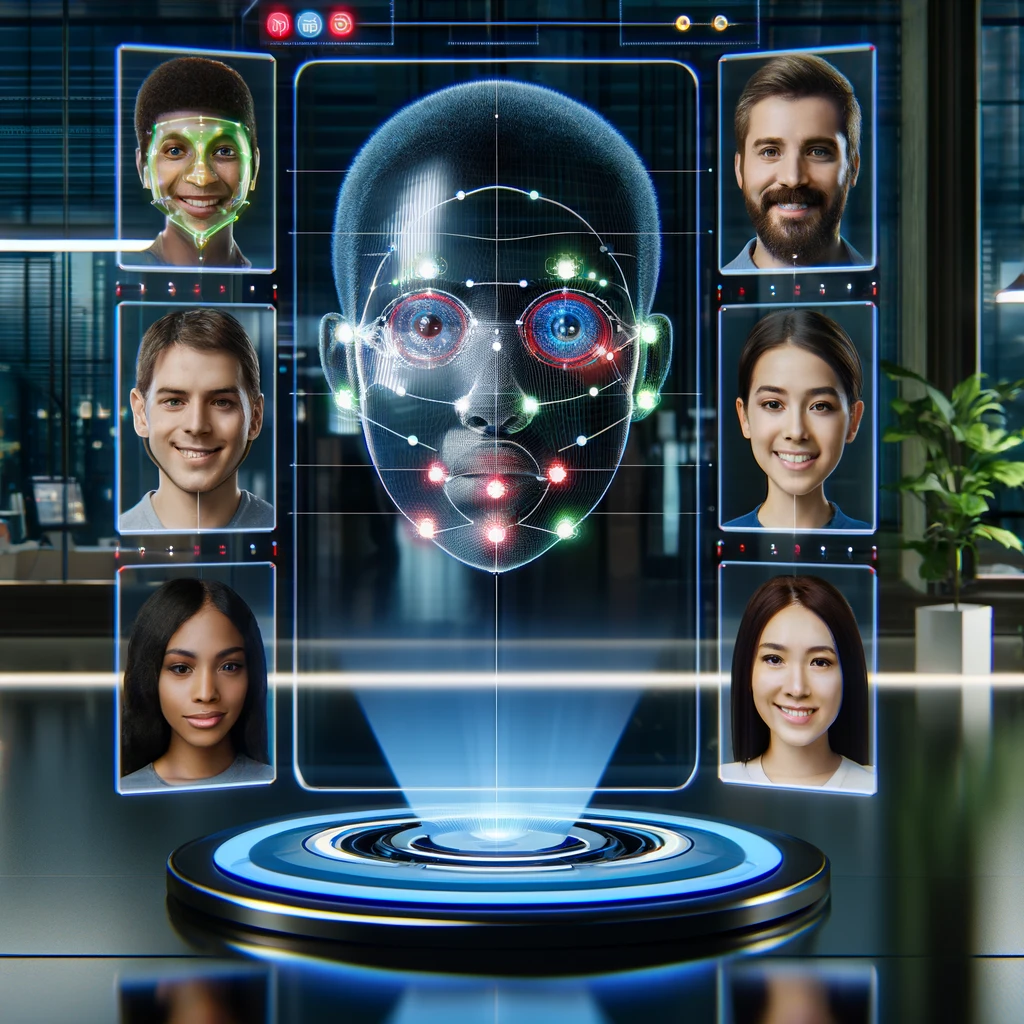Artificial Intelligence (AI) has the potential to transform the world as we know it. However, as AI becomes increasingly integrated into our lives, it’s important to ensure ethical and responsible AI usage. This is where regulation can play a critical role.
Regulation refers to the rules and guidelines that govern the development, deployment, and use of AI. The goal of regulation is to promote ethical and responsible AI while also protecting individuals and society as a whole. Here’s a closer look at the role of regulation in ensuring ethical AI.
Current Regulations and Guidelines for Ethical AI
There are currently several regulations and guidelines around AI that aim to promote ethical and responsible use. For example, the European Union’s General Data Protection Regulation (GDPR) includes provisions that address the use of AI and automated decision-making. Similarly, the IEEE Global Initiative on Ethics of Autonomous and Intelligent Systems has developed a set of guidelines for the ethical development and deployment of AI.
In the United States, the Federal Trade Commission (FTC) has released guidelines on the use of AI in decision-making. The guidelines emphasize the importance of transparency, fairness, and accountability in AI decision-making.
Potential Future Regulations for Ethical AI
As AI continues to evolve and become more integrated into our lives, it’s likely that we will see more regulations and guidelines around its use. For example, some have called for the creation of an AI regulatory agency that would be responsible for overseeing the development and deployment of AI. Others have called for the creation of AI impact assessments, similar to environmental impact assessments, to evaluate the potential impact of AI on individuals and society.
In addition, some have called for regulations around the use of facial recognition technology, which has raised concerns about privacy and civil liberties. For example, San Francisco and Oakland have banned the use of facial recognition technology by law enforcement.
The Role of Regulation in promoting an ethical use of AI
The role of regulation in ensuring ethical AI is critical. It can help to promote transparency, accountability, and fairness in AI development and use. Regulation can also help to protect individuals and society from the potential negative impacts of AI.
However, it’s important to note that regulation is not a panacea. It’s important to ensure that regulations are designed to promote ethical and responsible AI without stifling innovation. In addition, regulations must be regularly updated to keep pace with the rapidly evolving AI landscape.
Regulation can play a critical role in ensuring ethical AI. Current regulations and guidelines provide a foundation for promoting ethical and responsible use of AI, and potential future regulations could help to address emerging concerns. By working together to create a regulatory framework that promotes ethical AI, we can ensure that AI is used for the greater good and that it benefits society as a whole.
To know the progress of the rules and regulations process, we all should often consult this Google search.



